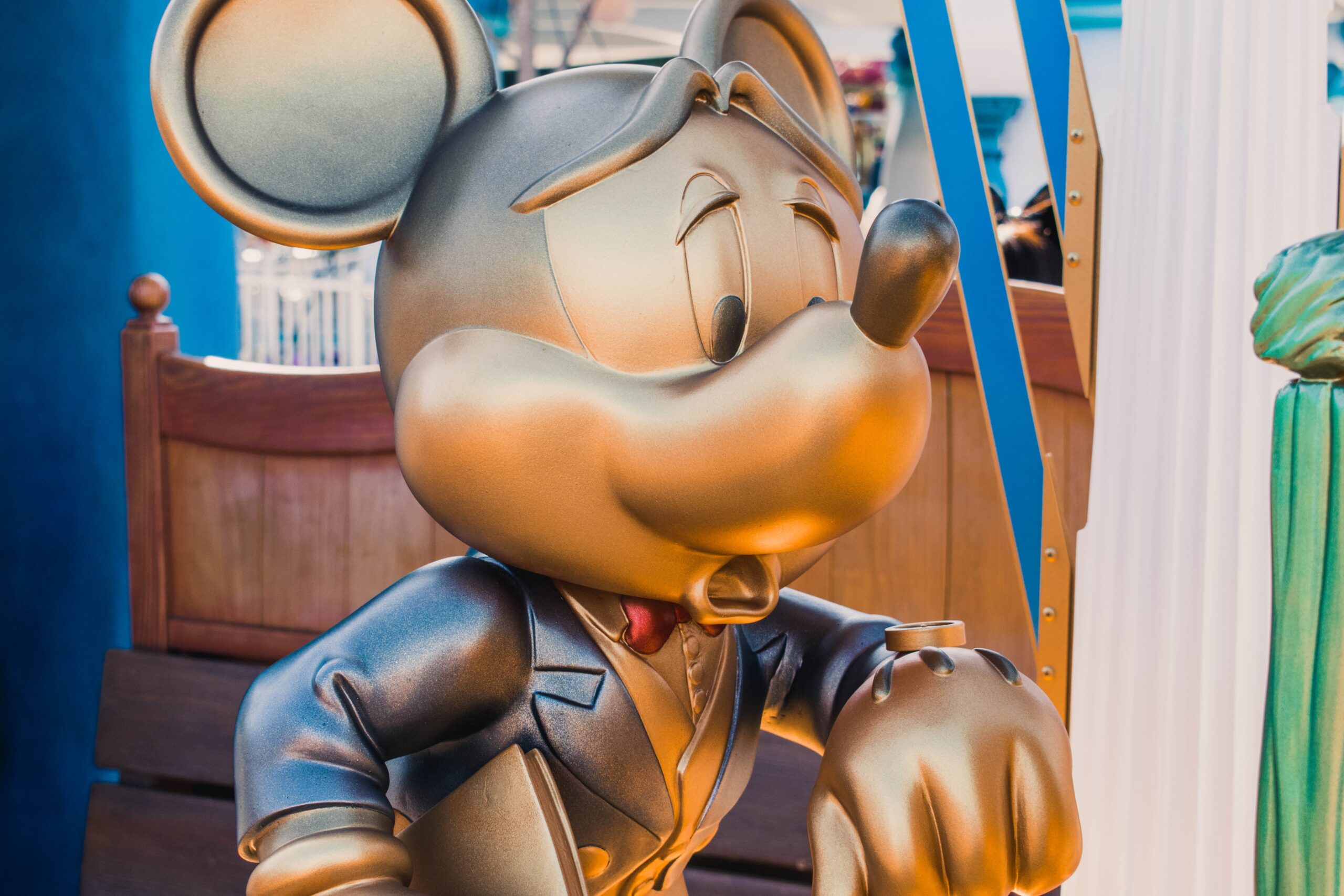Donald Trump is not really the president. There, breathe a sigh of relief. You only have to know a little French philosophy to realize that I’m right.
French post-modernist Jean Baudrillard developed the concept of the “hyperreal” in the 1980s. It’s fair to say it’s not an idea that ever penetrated the mainstream. His slim volume on America made the shelves of Barnes & Noble, but it was undoubtedly one of those books more bought than read, like “Trump: The Best Golf Advice I Ever Received.” The Republican Party, however, appears to be quite familiar with Baudrillard.
The best way to explain Baudrillard’s hyperreal is with reference to the Happiest Place on Earth: Disneyland isn’t real and we all know it; Disneyland exists only to make us think, by comparison, that the rest of existence is real. Disneyland is, therefore, hyperreal. As a French philosopher, Baudrillard knew that everything else—capitalism, social life, money, the meaning of words—was also not “real.” That’s why we need the hyperreal. If Disneyland didn’t exist, we would look at our lives and realize that we’ve been fooled by all the fictions around which society is built.
The Republican Party understands the hyperreal. As they gerrymandered congressional districts, herded cash into superPACs and refused to hold Supreme Court hearings, Republicans were oblivious to democratic “norms.” Democrats hammered on about “democracy” as if it were more than just a set of behaviors that were in some cases regulated (regulations are, of course, hyperreal). Effectively, the Democrats were saying, “Disneyland is real and we insist that you stand in line for Buzz Lightyear Astro Blasters like everyone else.” Meanwhile, the Republicans swanned by with their fast passes.
There’s a crisis of the hyperreal today and here’s what underlies it. We can only ever achieve a delusion of total knowledge. The delusion is made unstable by social media, in which we stumble upon hyperrealities that, in the past, would have been marginalized. Twitter is scary not only because of the nastiness you’ll find there, but because you’re confronted with the disintegration of the “reality” on which we have built our happiness, security, even sanity.
This is all fascinating to me, because I write fiction that is typically based on real historical figures or events. In a sense, my books are the exact opposite of the hyperreal, because they present a fictional account of a past reality with the premise that this gives you a keener understanding of that original reality and its meaning for you today. You might say that my books are “subreal.”
Surreal and routine
Democrats can’t believe that Red State senators don’t reject the crude criminal narcissist in the White House. They see Trump as having violated decency and the law, but they believe other Republicans haven’t, or that if they have they’ll recognize the need to come back. Of course the Republicans won’t turn on Trump. So long as the hyperreality of Trump continues to operate, the Republicans can behave as though it’s perfectly normal for them to stack Federal benches, roll back environmental protections, and any number of other strategies that are “outside the norm.” The president’s corruption is so surreal that the venality of the rest of his party looks routine.
Impeachment illustrates the hyperreal, uh, perfectly. After all, Disneyland has a complaints department, but if something was wrong with your trip, they’ll let you know that everything was “perfect” and you’d better just let them get on with making people happy. If Trump is the Disneyland of politics, a nauseating, somehow unavoidable ride, then the Democrats are the killjoys waving printouts of the customer service agreement—because when someone digs into the fine print to highlight a rip off, they make everyone else feel bad about having signed without reading the details.
Beyond the hyperreal
What happens if, eventually, everyone agrees that the hyperreal president is pure fakery? Hyperreality is inherently adaptable. Certain areas of the press have lately been treating Donald Trump Jr. as less of a joke than they used to do. It has even been suggested that Don Jr. has picked up some of his father’s ugliest opponent-baiting tricks or inherited his low cunning. Run this through the French philosophiser and you’ll see what’s happening.
We ought not to be surprised if, after Trump’s second term, we find ourselves with Trump Jr. as the forty-sixth president. Once people start to see through the hyperreal, it builds a new fiction to disguise and protect itself, just as the Republicans invented Trump to cloak their own overleaping of democratic norms. Trump 46 will be the hyperreality that makes Trump 45 look somehow normal.
But after his election, you can always go enjoy yourself at Disneyland.

 The thriller writing checklist
The thriller writing checklist